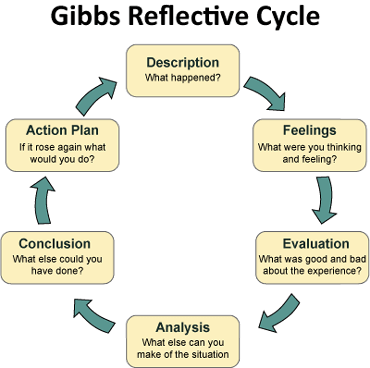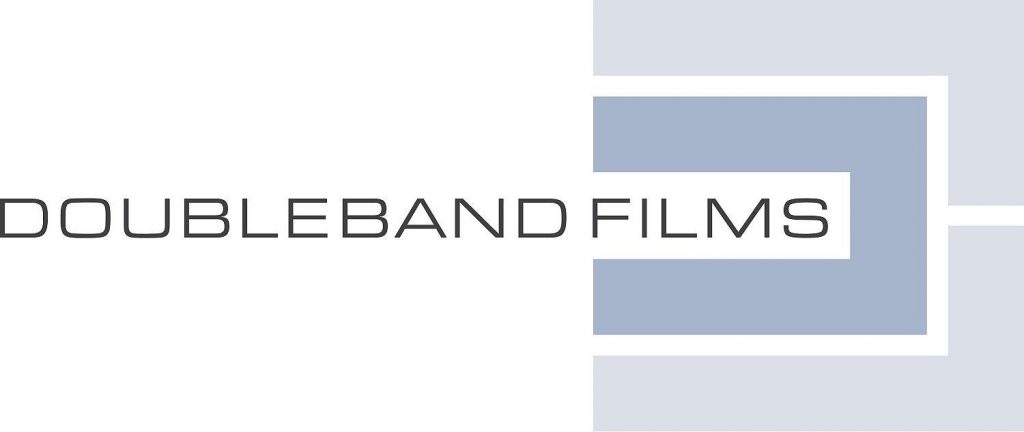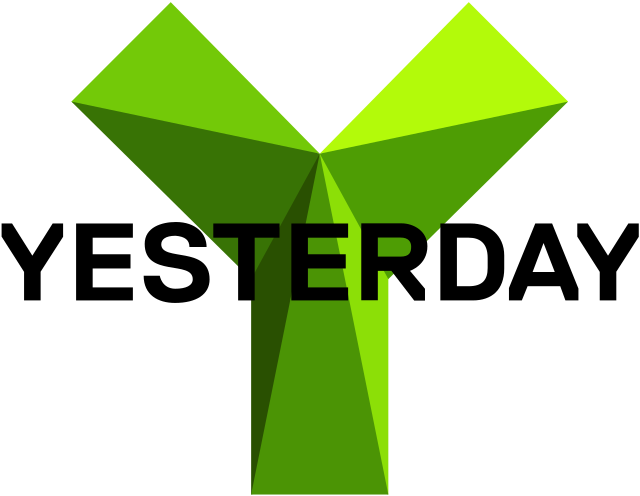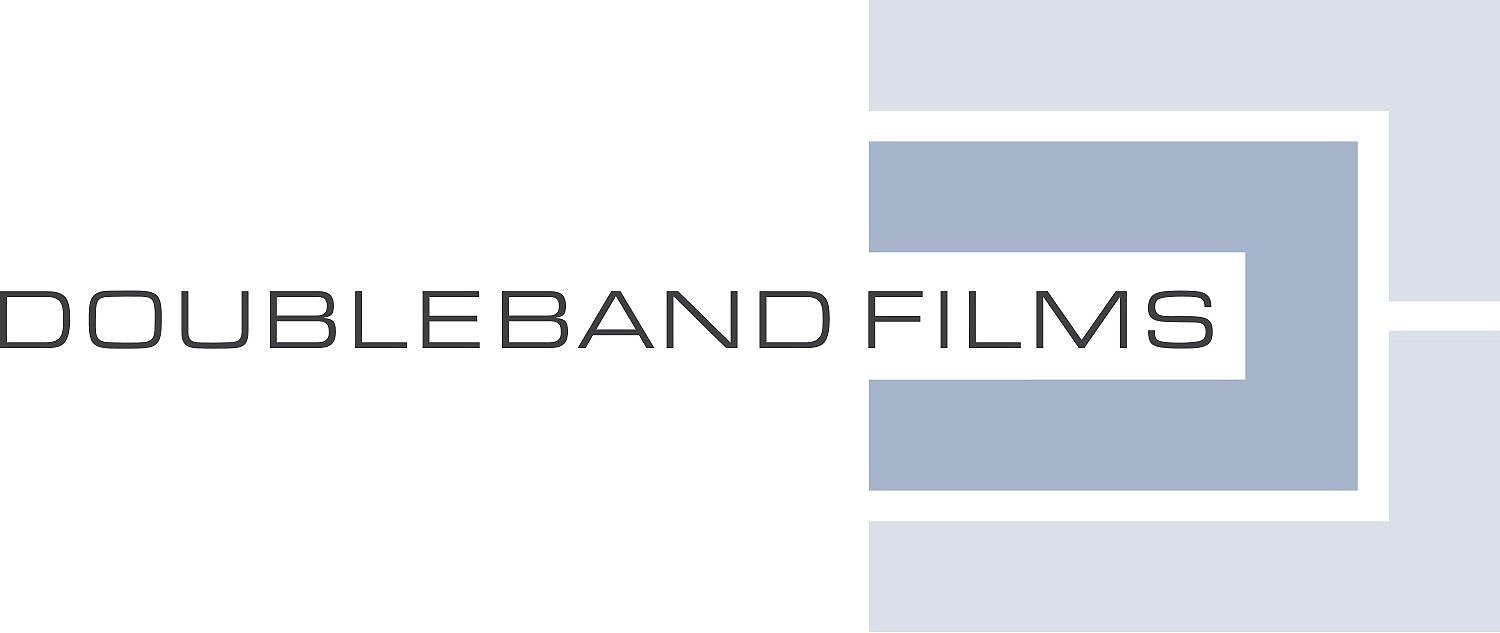After the challenging task of finding a placement and facing rejection constantly from different production companies, I finally started at DoubleBand Films in January. My role while on placement is as a Research Assistant, a role which prior to starting I had little experience in which led to some learning experiences as I found some difficulties when I initially started. I will be using Gibbs Reflective Cycle (1988) to look back on my time at DoubleBand so far, analysing the issues I had and using hindsight to consider what I would do differently if I found myself in a similar situation again. I am using the Reflective Cycle as Jasper writes that “What Gibbs has created is a very good framework for the reflective process, i.e. learning from reflecting on something.” (2013, 85)

Description
My problems at DoubleBand actually started last semester before I had even started my placement there. I had met one of the managing directors of the company, Michael Hewitt, at the end of the summer and he had kindly agreed to let me do my one-hundred-hour placement at the company. However, after the meeting he told me he’d be in touch about starting the placement soon, so I was content and continued on with things, expecting to hear from Michael soon. Unfortunately, I did not hear from Michael for a while, and by the time of reading week in first semester, I still had not, so I reached out to him and by this time, he said there wasn’t much work going on there at that point, so it would be best if I started after Christmas, leaving me with a tight schedule within which to fit the 100 hours as they have to be completed by the end of April.

Following the issues of starting late, I actually began my placement in mid-January, working 7 hours a day, once a week. My first day, I was told to watch a couple of DoubleBand’s recent documentary productions to gain an understanding of the sort of work they do. Following this, I had a chance to speak with the director, Brian Henry Martin, who gave me my first assignment, to research noteworthy people from Ireland, the key part and the part that made it difficult for me, was they had to be people who don’t have much, if any, other programmes made about them already. The problem I had was trying to find such people, noteworthy but not already well-known. My approach was to look up people I knew already and try and see if they were suitable, not of course realising that if I knew who they were, there was probably already plenty of material on them out there. As my research on this topic didn’t prove fruitful, Brian assigned me to a different project, researching potential programme ideas for a commission brief for the channel Yesterday.

The Yesterday brief too seemed slightly problematic for me at first. I had discussed it with Brian, and he mentioned that essentially, the main three interests of viewers of Yesterday are cars, trains and World War Two, meaning I should focus on these topics. I decided to do some research on the DeLorean Motor Company, as it appeals to the car aspect of viewers, and it is also a pop culture icon so that may lead to viewers. I also thought that since the cars were assembled near Belfast, it meant that DoubleBand would have a local connection to the subject and therefore a potential reason for why they should make it. However, when I pitched the idea to Brian, he wasn’t particularly enthusiastic about it and suggested I look into ideas that could span multiple episodes and also somehow combine the three main interests of the Yesterday viewers.

Feelings
In this section, I will look back at how the issues at DoubleBand came to make me feel. Jasper states that at this point, it is good to “recall the things…going on in your head” (2013, 81). The repeated delay of my starting date at DoubleBand made me feel anxious and frustrated, I was anxious that I may never even get to carry out a placement there and that my final year at university would be affected as a result. Furthermore, I was frustrated that even if the placement did eventually start, I would be at a disadvantage as I would have a very limited time in which to complete the one-hundred-hours necessary for the course. I was frustrated also by the fact that I genuinely didn’t know when the placement would actually start because I was constantly being asked by my peers on the course about my placement, peers who had all already started, so I was frustrated by the prospect that I was falling behind the others on the course.
The first few weeks at DoubleBand had me feeling like I wasn’t good enough to be there, although initially I felt the opposite as I was being given little to do. First off, I was made to watch programmes instead of being given work to do, this made me feel like I was being treated a bit like a child, after all, I’m on third year of a film studies course, I think I’m capable of being given something to do rather than sit at a desk watching documentaries. The issue arose of my not feeling good enough arose whenever I got my first tasks, my frustration both with how challenging researching ended up being and also my ideas not being what the company was looking for.
This disappointment at the beginning had me wishing the placement was over after only a few weeks, this meant I was going into the office with a negative outlook which was not an appropriate way to be approaching my work. However, soon Brian had me researching ideas related to World War Two, as this was one of the Yesterday channel’s areas of interest, this was of greater interest to me than my previous topics as I had studied A-Level History. This change of topic had me feeling a greater enthusiasm about my work and meant I finally felt happy within my role at DoubleBand.

Evaluation
As a whole, my experience at DoubleBand by this point has been successful, even if there were a few hiccups along the way. It took me a while to get settled in and I failed to grasp the sort of ideas that DoubleBand were interested in producing which meant my research wasn’t necessarily aimed at the right topics. I let my disappointment at these issues ruin the experience for me slightly as I approached things with a negative attitude for a while. However, I eventually found myself researching the correct things and I ended up enjoying myself as I was researching things that I enjoyed.
Analysis
The beginning of my experience with DoubleBand was mostly negative, the start date of my placement kept being delayed and I stupidly didn’t think to follow up earlier in the semester to ensure the company remembered about me as they obviously have more pressing matters to attend to than a student looking for placement work. Aside from starting late, I then let myself get worked up when I didn’t immediately get things right, which is to be expected in a new working environment. This wasn’t ideal as it affected my attitude towards the work and led to me resenting it slightly. Thankfully, I got assigned a topic on which I was knowledgeable, and I found interesting, which aided my ability in researching it, meaning I was finally on the right track in regard to researching the sort of things that the company would be interested in making.
Conclusion
Looking back, there are several things that I should have done differently. I should have followed up with DoubleBand sooner to ensure that they remembered about me so that my start date didn’t get delayed so late. Following that, I should have approached the work with a more positive attitude and not allowed myself to get so worked up over making mistakes on my first few weeks there. Finally, I should’ve asked for help when I was unsure instead of continuing on regardless and then getting frustrated when what I had come up with didn’t match what the company was looking for.
Action Plan
It is quite obvious now that my attitude towards the placement was problematic in several different ways:
First off, I was too laid back about contacting the company after my interview, meaning that the start date of my placement was delayed. In future, I would make sure to always follow up with these sorts of things, especially if it is in relation to work within the industry, which can often be hard to come by.
Secondly, I need to be prepared for failure, whenever the ideas I presented to Brian turned out not to be what the company was looking for, I let it get to me and let it sour my attitude to the work. I need to just take feedback onboard and make the changes, not just get annoyed because something didn’t go to plan.
Finally, I need to be prepared to ask for help, whenever I first started at DoubleBand, I was unsure of myself and felt I wasn’t good enough to be there. I was too scared to ask for help, when I should have realised that they know I’m new to the work because I’m still only on placement.
Bibliography:
Jasper, M. (2013) Beginning Reflective Practice. Melbourne & London: Cengage Learning.
